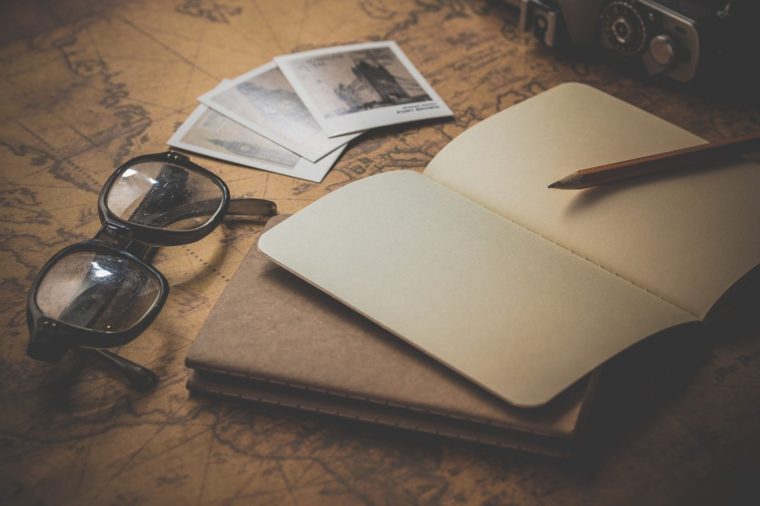While cleaning up my yard, I twisted my ankle on my half finished garden pathway. I paused, my arms still full, ankle still smarting, wondering if I could still walk on it. For the moment, it was okay and I finished my chore. I’d been meaning to get to that pathway for awhile now.
I had a lot planned that day. I had errands to run, the yard to finish, things around the house to take care of and to finish a big project planned for that evening- but my ankle swelled and canceled my plans.
I did what one is supposed to do in these situations. I whined about it. No, not really. I elevated my foot and iced on my ankle.
*The philosophy in yoga – listen to your body.
*An idea from the military – push yourself to stretch your limits.
*Some believe – train your mind to not feel the pain.
*Others feel – the Universe is sending you a message
So, I’m sitting in my bed, my foot up on a pillow, notebook in hand, wondering which I advice I should follow.
Then I consider my own take on pain: The learning curve. Pain is meant to teach us something.
Physical and emotional pain, without a learning curve, is a waste. People continue to commit the same errors over in their lives and continue to be hurt in the same ways because they have not learned what they needed to the first time.
Healing, real healing, must come with a lesson for us to not re-injure in the exact same way. I spent much of my young life experiencing those lessons over and over without the understanding of what I was to learn. Once I began to learn from my pain – I didn’t allow the injury to happen again.
Emotional pain can last longer and hurt more than physical pain. Emotional pain can take up residence in our bodies and even cause physical pain. We must work out emotional pain in some way – therapy, talking to friend, or just writing it down to free up that pressure.
Physical pain can affect us emotionally. Some experts believe that to be free of physical pain, we must deal with what is really bothering us.
Some years ago I injured my back in kickboxing. I engaged in physical therapy which didn’t completely alleviate the issues. I still caught myself wincing in bed, carefully moving throughout my day, unable to wear my favorite shoes and sometimes unable to bend to even put my socks on. I thought I might end up like so many whose movement is limited due to their physical pain. I mourned my previous active, kickboxing, yoga, hiking self.
I sat myself down and really asked myself – what is going on, Miss Yogi-pants? Yogies heal. Your mind over matter works. Your stretch beyond your limits has never caused this much pain – so what is happening?
In meditation, I realized that I so feared the pain, my body would tense up with any little movement which MIGHT cause the pain. It wasn’t that I couldn’t bend over – I was afraid of that pain and my body would tense up to save me from the hurt and then I wouldn’t be able to bend over.
Little by little I worked to release that tension, release that fear of the pain. In almost no time at all – the pain was gone. I still took some things slow. And I have to admit, my body (or mind?) decided my back did not like the repetitive jerking and twisting of gym kickboxing, so I limit that – but I’ve been able to do everything else.
Emotional pain works the same way – don’t you think? We are so afraid of the pain that we actually work backward and hold on to the pain by holding on to the fear.
We’re afraid of the unknown, so we make the same mistakes over and over. We fear being hurt, so we don’t try to move beyond it – we stay stuck because that’s safer than whatever is beyond this moment or this position.
What did my ankle teach me? I’m not sure. Not to procrastinate and finish the walkway in the garden? To take it easy before a big project? Or to push through to finish that big project – which is what I ended up doing. I wrapped my ankle, neglected my chores, and focused on the big project that I’d procrastinated on.
Maybe my ankle pain and momentary limitation was a wake up call to stop procrastinating PERIOD!














You must be logged in to post a comment.